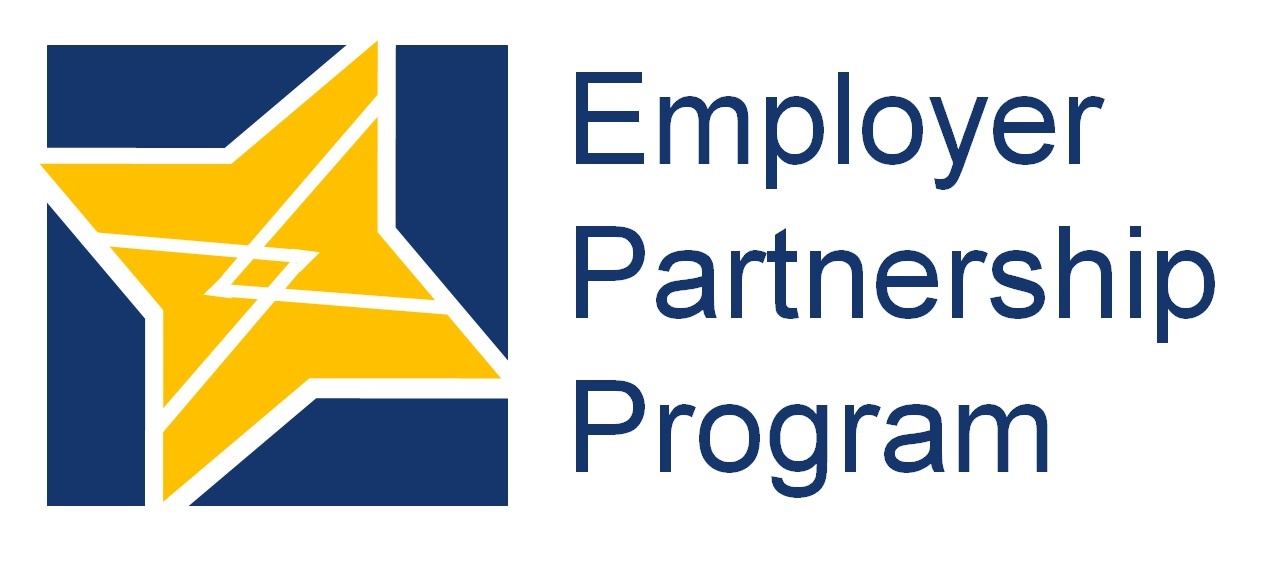Identify Your Career-Related Liberal Arts Skills
What are you going to do with your liberal arts degree? Are you uneasy, unsure or apprehensive about answering this question? Then read on!
Liberal Arts students sometimes have difficulty in identifying their unique skills and experiences and in building the job search jargon needed for successful marketing of themselves and their degree. Liberal Arts students may also have great anxiety in the job search: targeting employers, documenting skills in a résumé, and selling themselves during an interview.
Below is a list of skills developed from majoring in Liberal Arts (remember that some majors focus more in one area than others). Defining them and selling them is up to you, but this might provide a starting point in evaluating your strengths and weaknesses. You might find great strength and enjoyment in one area, and in another, a skill you can do but would rather not do if you had the choice. This can help you recognize your strengths and areas to improve in the future.
Here are questions to ask yourself as you evaluate your skills.
- What value does your degree provide for you? How are you going to sell that value to employers?
- What skills have you learned? How can you convey them as skills which potential employers know and understand?
NOTE: Following is in an outline format to use as a starting place to identify key skills and experiences needed for the job search. Use it as a worksheet to scratch off lines, phrases, and terminology and start applying your own language to the list so the skills become unique to you. These are examples of how one can define these skills, limited only by your imagination!
I. Information Management Skills:
- Sorts data and objects
- Compiles and ranks information
- Applies information creatively to specific problems or tasks
- Synthesizes facts, concepts, and principles
- Understands and uses organizing principles
- Evaluates information against appropriate standards
II. Designing and Planning Skills:
- Identifies alternative courses of action
- Sets realistic goals
- Follows through with a plan or decision
- Manages time effectively
- Predicts future trends and patterns
- Accommodates multiple demands of time, energy and resources
- Assesses needs
- Makes and keeps a schedule
- Sets priorities
III. Researching and Investigating Skills:
- Uses a variety of sources of information
- Applies a variety of methods to test the validity of data
- Identifies problems and needs
- Designs an experiment, plan, or model to systematically define a problem
- Identifies information sources appropriate to special needs or problems
- Formulates questions to clarify a particular problem, topic, or issue
IV. Communication Skills:
- Listens with objectivity and paraphrases the content of a message
- Uses various forms and styles of written communication
- Speaks effectively to individuals and groups
- Uses media formats to present ideas imaginatively
- Expresses one's needs, wants, opinions, and preferences without violating the rights of others
- Identifies and communicates value judgments effectively
- Describes objects or events with a minimum of factual errors
- Conveys a positive self-image to others
V. Human Relations and Interpersonal Skills:
- Keeps group "on track" and moving toward a common goal
- Maintains group cooperation and support
- Delegates tasks and responsibilities
- Interacts effectively with peers, superiors, and subordinates
- Expresses one's feelings appropriately
- Understands the feeling of others
- Uses argumentation techniques to persuade others
- Makes commitments to persons
- Takes risks
- Teaches a skill, concepts, or principle to others
- Analyzes behavior of self and others in a group situation
- Demonstrates effective social behavior in a variety of settings and under different circumstances
- Works under time and environmental pressures
VI. Critical Thinking Skills:
- Identifies quickly and accurately the critical issues when making a decision or solving a problem
- Identifies a general principle that explains related experiences or factual data
Defines the parameters of a problem - Identifies reasonable criteria for assessing the value or appropriateness of an action or behavior
- Adapts one's concepts and behavior to changing conventions and norms
- Applies appropriate criteria to strategies and action plans
- Takes given premises and reasoning to their conclusion
- Creates innovative solutions to complex problems
- Analyzes the interrelationships of events and ideas from several perspectives
VII. Management and Administration Skills:
- Analyzes tasks
- Identifies people who can contribute to the solution of a problem or task
- Identifies resource materials useful in the solution of a problem
- Delegates responsibility for the completion of a task
- Motivates and leads people
- Organizes people and tasks to achieve specified goals
VIII. Valuing Skills:
- Assesses a course of action in terms of its long-range effects
- Makes decisions that will maximize both individual and collective good
- Appreciates the contributions of art, literature, science, and technology to contemporary society
- Identifies one's own values
- Assesses one's values in relation to important life decisions
IX. Personal/Career Development Skills:
- Analyzes one's life experiences
- Relates skills developed in one environment to requirements of another environment
- Matches knowledge about one's own characteristics and abilities to information about careers
- Identifies and assess one's needs, values, interests, strengths, and weaknesses
- Develops personal growth goals that are motivating
- Identifies and describes skills acquired through formal education and general life experiences
- Persists with a project until further effort is deemed unprofitable
- Generates trust and confidences in others
- Takes risks
- Accepts the consequences of one's actions
- "Markets" oneself to prospective employers
- Believes in own abilities
- "Blows own horn" when appropriate and necessary
Adapted from "76 Career Related Liberal Arts Skills" by Paul Breen, American Association of Higher Education Bulletin, October 1981.
Individuals with disabilities who require accommodations may review Policies & Procedures.

